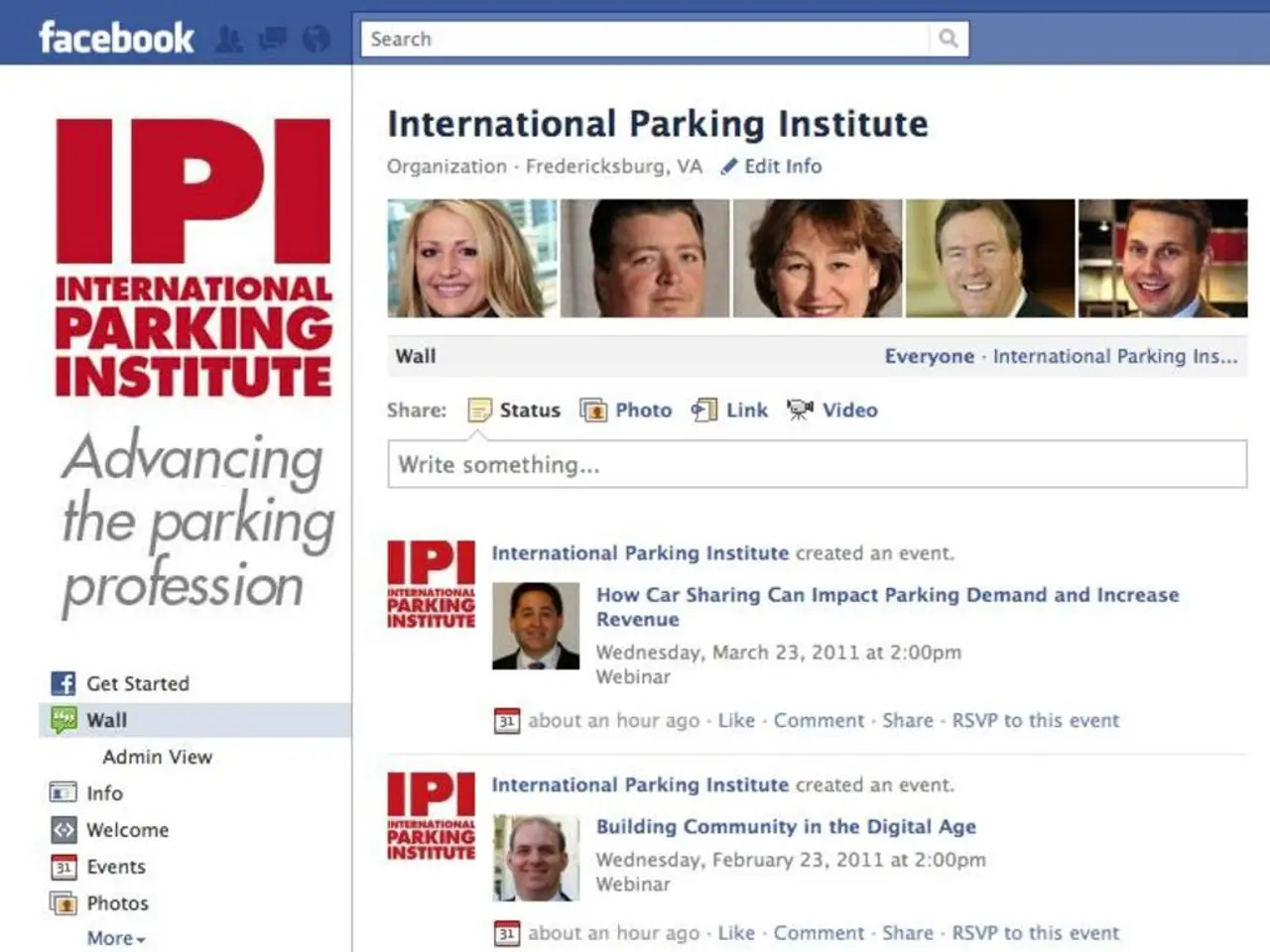"Woman scholar in STEM field confronted by gender prejudice: Her academic contributions still face penalties due to outdated stereotypes"
In the realm of academia and scientific publishing, evidence is mounting that unconscious bias is systematically hindering the careers of women. This issue, once considered anecdotal, is now supported by a growing body of systematic research.
Athene Donald, a renowned physicist, has been at the forefront of examining this pervasive bias. Her work has shed light on the issue, revealing unpleasant and unhelpful comments from referees such as "This paper is, simply, manure."
Studies have shown that faculty are more likely to hire and offer more support, as well as higher salaries, to a man over a woman with identical track records. This trend is not confined to individual decisions; it extends to the publication process, where women's papers are cited less, grants are smaller, and have a harder time getting past reviewers in science.
One striking example comes from a study published in the late 1990s by the Swedish Medical Research Council, which revealed significant bias against women in peer-review for biomedical fellowships.
The issue of visibility and recognition of women's scholarly work is another area of concern. A large analysis of over 11 million paper-author pairs showed that women are about 28% less likely to self-promote their academic publications on platforms like Twitter compared to men. This self-promotion gap persists across all academic fields and is even more pronounced among prolific women at top institutions and in high-impact journals.
Research also highlights subtle but widespread unconscious biases that influence perceptions and evaluations of women's scientific capabilities. These biases, often rooted in quick, automatic judgments, tend to underestimate women's suitability and competence in STEM fields, expecting them instead to excel in nurturing roles.
Bias in publishing and peer review is another documented issue, affecting the career progression of women scientists. Unconscious biases can manifest in reviewer expectations and editorial decisions that may disadvantage female authors, reinforcing gender disparities in publication rates and career advancement.
However, there is hope. Intervention studies show that confronting and addressing bias matters. Environments where bias is actively challenged—especially in educational settings—help improve inclusion and comfort for women, suggesting institutional responsibility for bias mitigation.
Athene Donald's book, "Not Just for the Boys: Why We Need More Women in Science," delves into the societal exclusion of women from the scientific sphere, progress made, and the need for further advancement. The book discusses systemic disadvantages women face, from the developing science of gendered brains to social science evidence around attitudes towards girls and women in science.
As we confront the issue of unconscious bias, it's essential to remember that addressing it is crucial for promoting equitable recognition and advancement of women scientists. The findings underscore the need for evidence-based policies to tackle this issue head-on.
- In her book "Not Just for the Boys: Why We Need More Women in Science," Athene Donald discusses the societal exclusion of women from the scientific sphere and the need for further advancement.
- The issue of bias in publishing and peer review is another documented problem that afflicts the career progression of women scientists, with unconscious biases manifesting in reviewer expectations and editorial decisions that may disadvantage female authors.
- Studies have shown that women are about 28% less likely to self-promote their academic publications on platforms like Twitter compared to men, which persists across all academic fields and is even more pronounced among prolific women at top institutions and in high-impact journals.
- Education and self-development, such as the skills training provided in personal growth and career development workshops, could play a significant role in empowering women to overcome unconscious biases and promote their own work effectively in the realm of health-and-wellness, mental-health, and womens-health research.




